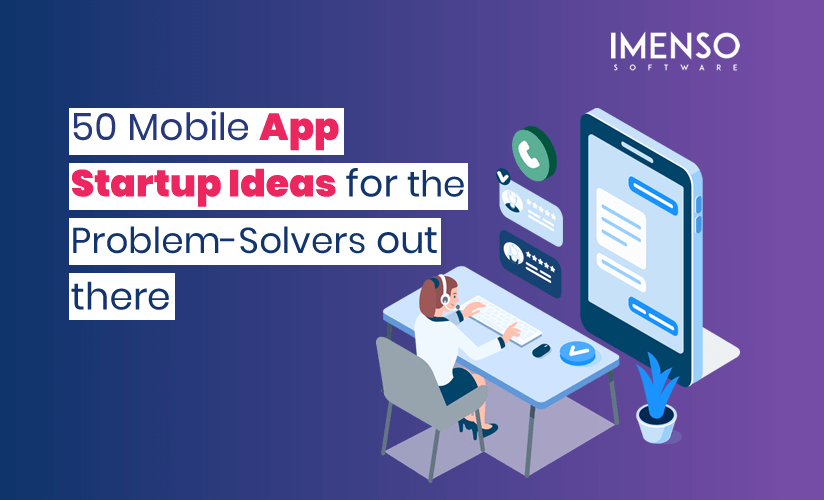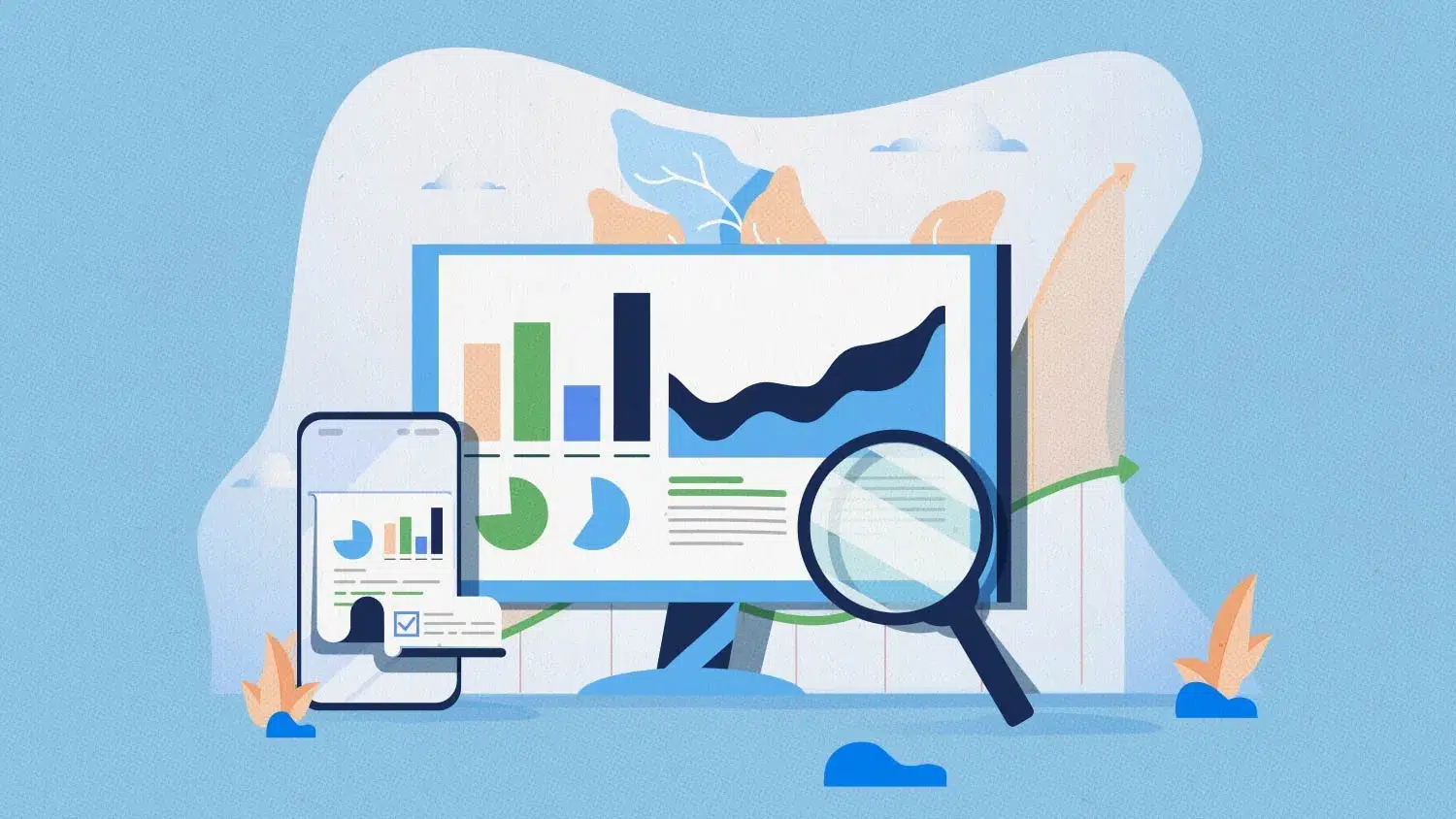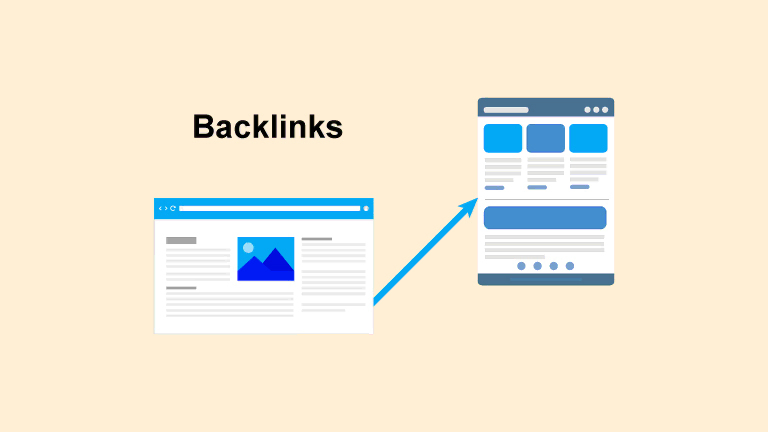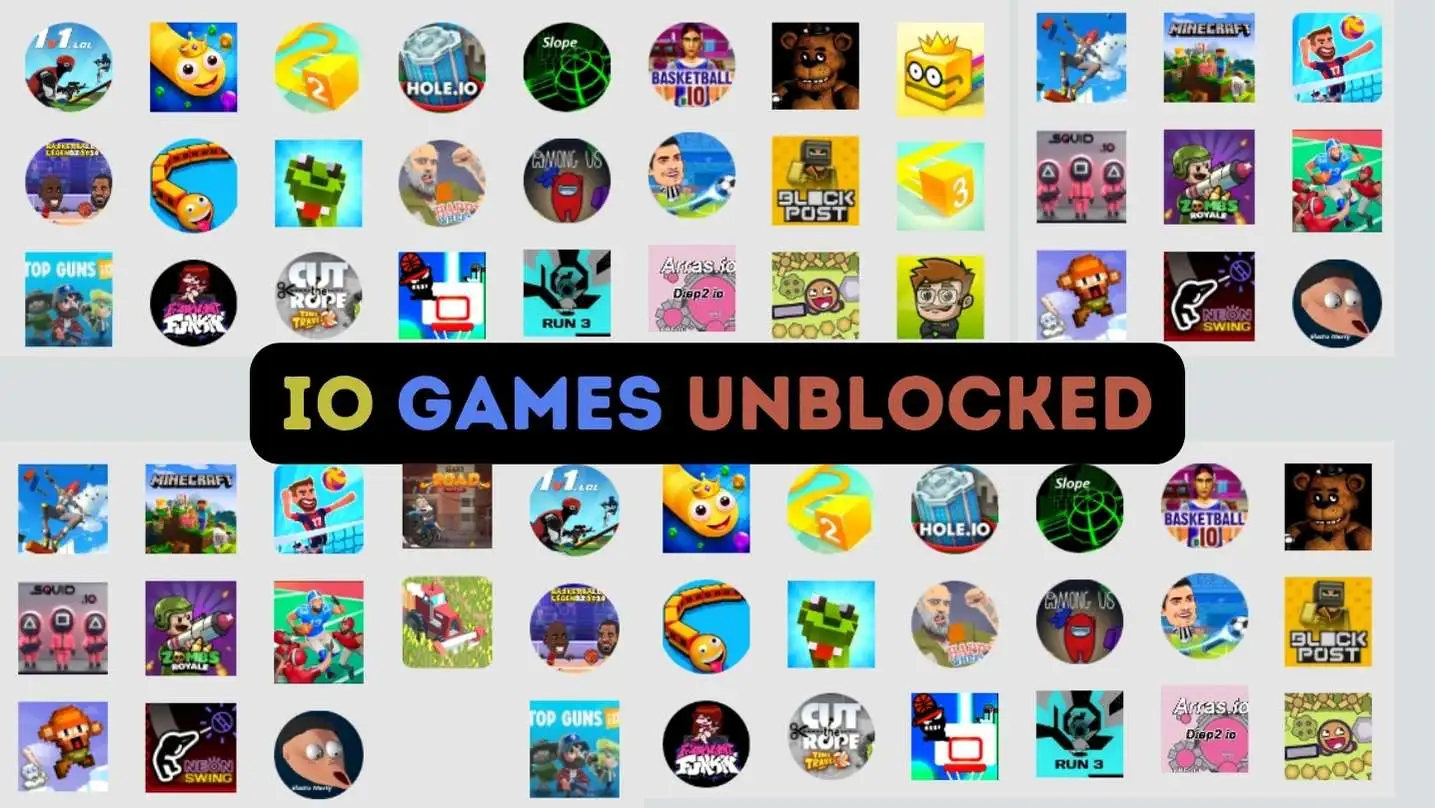In today’s digital era, the internet has become a powerful tool for connection, knowledge, and influence. Over the past few decades, we’ve witnessed a remarkable transformation in the way women use the internet to shape culture, communities, and industries. The rise of “Internet Chicks” – a term that encapsulates the diverse and impactful presence of women online – has fundamentally redefined the notion of influence, particularly within the digital space.
This new generation of digital-savvy women is leading conversations, movements, and businesses with unprecedented power. From influencers and entrepreneurs to activists and content creators, women are breaking stereotypes and asserting their voices in a way that has never been seen before. This article will explore the factors driving this change, the platforms empowering women, and the profound societal impact that the rise of Internet Chicks is having across various industries.
1. The Changing Landscape of Influence
Traditionally, influence was reserved for celebrities, politicians, or those in positions of power. However, the rise of social media platforms like Instagram, TikTok, YouTube, and Twitter has decentralized influence, allowing ordinary women to build massive followings and reshape how we understand fame and authority.
Women from diverse backgrounds and with different skill sets have used the internet to tell their stories, share their expertise, and connect with global audiences. These platforms have democratized influence, allowing voices that were once marginalized or overlooked to now take center stage.
One prominent example is the rise of beauty influencers like Huda Kattan (Huda Beauty) and Jackie Aina, who have transformed the beauty industry by not only showcasing makeup techniques but also advocating for inclusivity in product lines. Similarly, digital content creators in the wellness, fashion, and travel sectors are reshaping the way we see these industries, making them more accessible to women everywhere.
2. Entrepreneurship and E-commerce: A New Frontier for Women
One of the most profound ways in which the internet has empowered women is through entrepreneurship. In the past, starting a business required significant capital, physical locations, and traditional advertising. However, with the rise of e-commerce platforms like Shopify, Etsy, and social media marketplaces, women are now able to create businesses from the comfort of their homes, reaching global audiences with just a few clicks.
From small-scale handmade crafts to global fashion brands, women are taking advantage of digital tools to monetize their passions and ideas. These women are not only creating businesses but also communities of loyal followers who resonate with their personal stories and values.
Consider the success of Sophia Amoruso, who started her fashion brand, Nasty Gal, as an eBay store and eventually grew it into a multi-million-dollar business. Similarly, women like Sara Blakely (Spanx) and Emily Weiss (Glossier) have used the power of the internet to build empires that began with small, niche audiences and grew into household names.
The internet has leveled the playing field, allowing women to bypass traditional gatekeepers and create their own opportunities in the world of business. For many, it has become a vehicle for financial independence, empowerment, and creative expression.
3. Advocacy and Activism: Women Leading Digital Movements
Beyond entrepreneurship, the internet has also become a powerful tool for advocacy and activism. Women have long been at the forefront of social justice movements, but the digital age has given them new platforms to organize, mobilize, and create lasting change.
Movements like #MeToo, #BlackLivesMatter, and #TimesUp have been amplified by women who use social media to bring attention to issues of gender inequality, racial injustice, and sexual harassment. The internet has allowed these conversations to go global, breaking geographical barriers and creating solidarity among women from different walks of life.
Prominent figures like Tarana Burke, the founder of the #MeToo movement, and Alicia Garza, co-founder of the Black Lives Matter movement, have utilized the internet to raise awareness and encourage action on issues that affect women and marginalized communities. These digital movements have not only sparked important conversations but have also led to tangible change, including shifts in corporate policies, government legislation, and cultural attitudes.
4. The Digital Space as a Safe Space for Women
In many ways, the internet has become a safe space for women to explore their identities, share their stories, and find support. Online communities dedicated to women’s health, wellness, mental well-being, and self-care have thrived, providing a space where women can learn, grow, and connect with others who share similar experiences.
Platforms like Reddit, Facebook groups, and online forums have become spaces where women can engage in open conversations about topics that may be stigmatized in traditional settings. Whether discussing reproductive health, body positivity, or mental health struggles, the digital age has allowed women to create communities of support that transcend physical borders.
Additionally, the rise of anonymous and pseudonymous accounts has enabled women to speak freely without fear of judgment or retaliation. This has been particularly empowering for women in conservative cultures or in environments where freedom of speech is restricted.
5. Challenges and Criticisms: Navigating the Digital Landscape
While the rise of Internet Chicks has brought about significant empowerment, it has also come with its share of challenges. The internet, while a powerful tool, can be a double-edged sword for women who are often subjected to online harassment, cyberbullying, and trolling. Female influencers, especially those who speak out on issues like feminism, gender equality, and body positivity, frequently face vitriol from misogynistic online communities.
Moreover, the pressure to maintain a perfect online persona can be overwhelming for many women. The internet, with its emphasis on visual aesthetics and popularity metrics (such as likes, comments, and shares), can create unrealistic expectations about beauty, success, and happiness.
Another critique is the commercialization of feminism and activism online. Some argue that the rise of “influencer feminism” has led to the commodification of social justice, where important causes are reduced to mere marketing strategies. Women in the digital age must constantly navigate the balance between genuine advocacy and the monetization of their platforms.
6. The Future of Women’s Influence in the Digital Age
As we look to the future, it’s clear that the role of women in the digital landscape will only continue to grow. The internet offers limitless possibilities for women to redefine what it means to be influential, to lead, and to inspire.
The next generation of Internet Chicks will likely be even more diverse, innovative, and empowered than the last. With the rapid advancement of technology – from artificial intelligence to virtual reality – new opportunities will emerge for women to build, create, and impact society in ways we have yet to imagine.
At the same time, there is a growing need for platforms and governments to address the unique challenges women face online, from harassment to privacy concerns. As the internet continues to evolve, so must the policies and protections that ensure it remains a space where women can thrive.
Conclusion
The rise of Internet Chicks has fundamentally redefined the concept of influence in the digital age. Women are no longer waiting for permission to lead or for traditional structures to grant them authority. Instead, they are creating their own platforms, building businesses, and leading movements that shape the world. The digital age has empowered women to not only find their voices but to amplify them on a global scale – and in doing so, they are rewriting the rules of influence for generations to come.















Leave a Reply